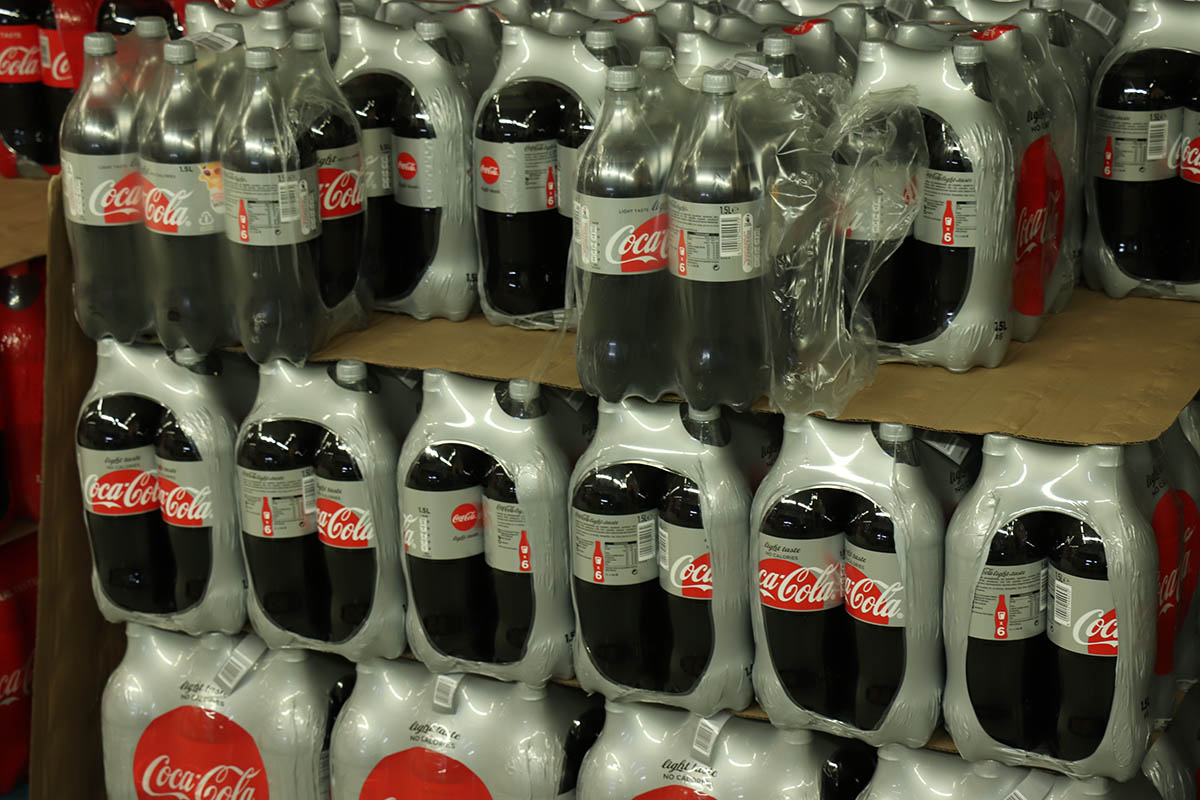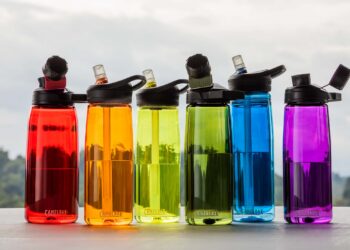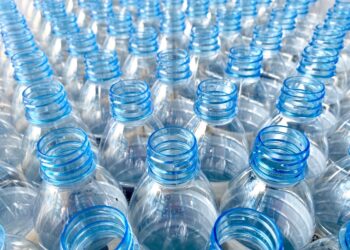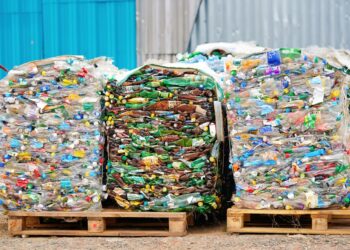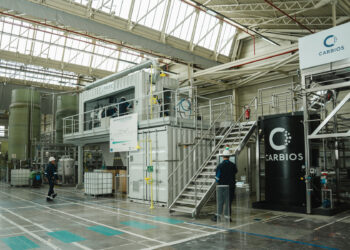The Coca‑Cola Company has rolled back its voluntary sustainability goals, decreasing some and eliminating others, following the growing number of big brands announcing they will not meet often-ambitious 2025 or 2030 targets.
Dubbing the change an evolution of the goals, a press release said the company is “prioritizing goals and actions that seek to improve water security in high-risk locations, reduce packaging waste and decrease emissions.” It is also extending its timeframe to 2035.
“This evolution is informed by learnings gathered through decades of work in sustainability, periodic assessment of progress and identified challenges,” the company wrote in a statement. “Achieving these ambitions will require continued investments in innovation and infrastructure solutions, enabling legislation and further collaboration with bottling partners, industry peers, local governments and civil society.”
The company is not alone in altering its goals and timelines.
In its 2023 environmental update, the company reported on its goal to use at least 50% recycled content in packaging by 2030, noting that globally it had used 27% recycled materials in primary packaging, and 17% of the PET it used was RPET.
Now the company plans to aim for 35% to 40% recycled material in primary packaging – plastic, glass and aluminum – by 2035. That includes increasing PCR use specifically to 30% to 35% globally.
Coca‑Cola also adjusted its collection initiative, which was marketed as “Every Bottle Back,” from collecting one can or bottle for every one sold, to collecting 70% to 75% of the equivalent number of bottles and cans introduced into the market annually.
The 2023 report noted that 62% of its packaging was collected for recycling that year.
“The company offers beverages in a variety of packaging formats – glass and plastic bottles, aluminum cans and refillable packaging, ” the press release noted. “Each option can play a role in helping reduce packaging waste and emissions. The company is focusing its efforts to use more recycled material in primary packaging and supporting collection rates, both of which require enabling policies and the growth of collection infrastructure.”
The company added that it intends to continue to invest in refillable packaging where infrastructure already exists. Its old goal was to have at least 25% of its beverages worldwide by volume sold in refillable or returnable glass or plastic bottles or in fountain dispensers with reusable packaging by 2030. In 2023, it served 14% of its total beverage volume in reusable packaging. There is no new metric for that goal.
Another goal the company removed was to reduce its use of virgin plastic by a cumulative 3 million metric tons between 2020 and 2025. In the 2023 report, Coca‑Cola noted that it “did not reduce the use of virgin plastic in the period from 2020 to 2023 due to business growth.”
“That said, in 2023, we reduced the absolute use of virgin plastic by more than 75,000 metric tons compared to 2022,” the report added, and “between 2020 and 2023, as we continued to invest in lightweighting and use of rPET, we eliminated the additional use of 1.9 million metric tons of virgin plastic.”
The Ellen MacArthur Foundation’s 2023 report found that big-name brands’ increased use of virgin plastic offset the overall reduction achieved by other reporting companies.
According to the report, 65% of brands and retailers reduced their output of virgin plastic packaging since 2018, but “overall progress has been held back due to an increase in virgin plastic packaging use by a few large organizations.”
Coca-Cola used 3.40 million metric tons of plastic packaging in 2022, 2.9 million tons of it virgin – an 8% decrease since 2019, but an increase from 3.22 million metric tons of plastic in 2021.
In 2023, the company used 3.45 million metric tons, 2.85 million tons of it virgin.
To be a signatory of the Ellen MacArthur Foundation Global Commitment project, brands must commit to and report on progress toward several 2025 goals: making 100% of plastic packaging reusable, recyclable or compostable; increasing the share of PCR used across all plastic packaging; decreasing the use of virgin plastic in packaging; taking action to move from single-use towards reuse models where relevant; and eliminating problematic or unnecessary plastic packaging.
The Ellen MacArthur Foundation has consistently stated since 2022 that, although progress is being made, key 2025 targets are expected to be missed.














